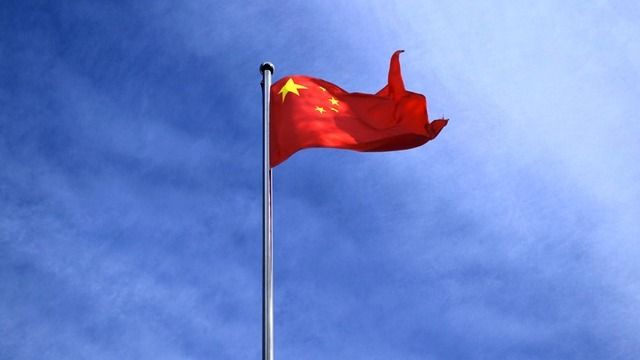China’s Q2 GDP: China’s economic performance in the second quarter of 2024 has raised concerns as it falls short of market expectations. The country’s GDP grew by 4.7 per cent year-on-year in Q2, below the anticipated 5.1 per cent and the previous quarter’s 5.3 per cent in Q1.This slower pace of growth highlights the ongoing challenges China faces in its economic recovery. Analysts had hoped for stronger performance following various stimulus measures aimed at reviving the economy. However, external pressures such as global trade tensions and internal issues like regulatory crackdowns and property market woes have contributed to the lower-than-expected growth rate.
Retail sales, a key indicator of consumer spending, grew by only 2.0 per cent year-on-year in June, significantly below the forecasted 3.3 per cent and the previous month’s 3.7 per cent. This weak performance points to cautious consumer behaviour amid economic uncertainties and rising living costs. The decline in retail sales growth is a setback for policymakers who have been trying to boost domestic consumption to drive economic growth.
China’s industrial production presented a mixed picture. While the year-on-year increase of 5.3 per cent in June was better than the expected 4.9 per cent, it was still slightly down from May’s 5.6 per cent. The industrial sector has been grappling with supply chain disruptions, fluctuating global demand, and environmental regulations. The modest improvement suggests that industrial activity is stabilising but not yet robust.
The unemployment rate held steady at 5.0 per cent in June, meeting expectations and unchanged from the previous month. This stability in the labour market is a positive sign, indicating that employment levels are being maintained despite the economic slowdown. However, maintaining low unemployment will be crucial for sustaining social stability and economic confidence.
These economic indicators reflect the broader challenges that China faces. Externally, trade tensions with major economies like the United States and the impact of global economic slowdowns have exerted pressure on China’s export-driven growth model. Domestically, the country is navigating regulatory changes in key sectors, debt issues in the property market, and the need for sustainable growth models.
As China aims to transition to a more consumption-driven economy, the latest data suggests that achieving balanced and robust growth will require sustained policy support and structural reforms. The mixed economic signals call for cautious optimism and highlight the need for continued efforts to address both short-term and long-term economic challenges.
